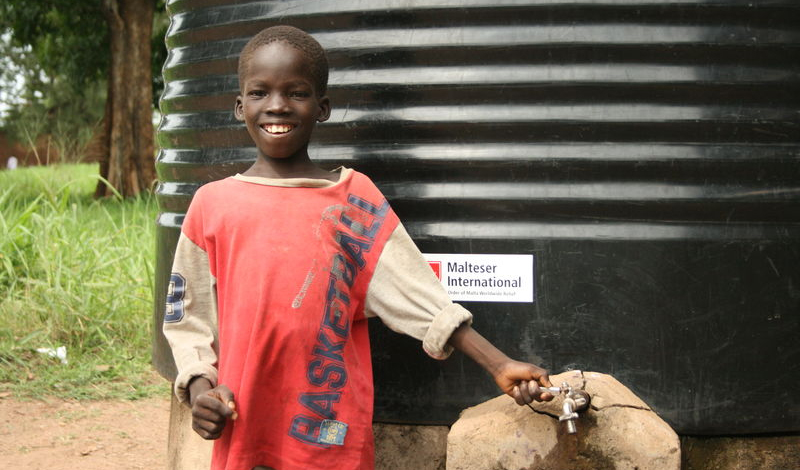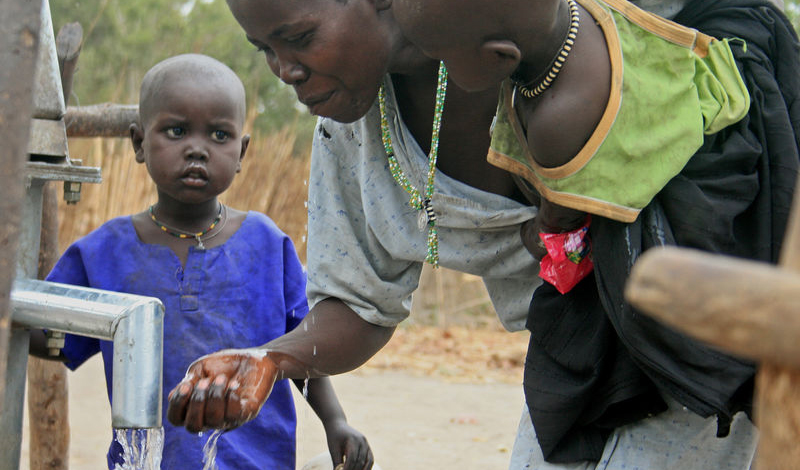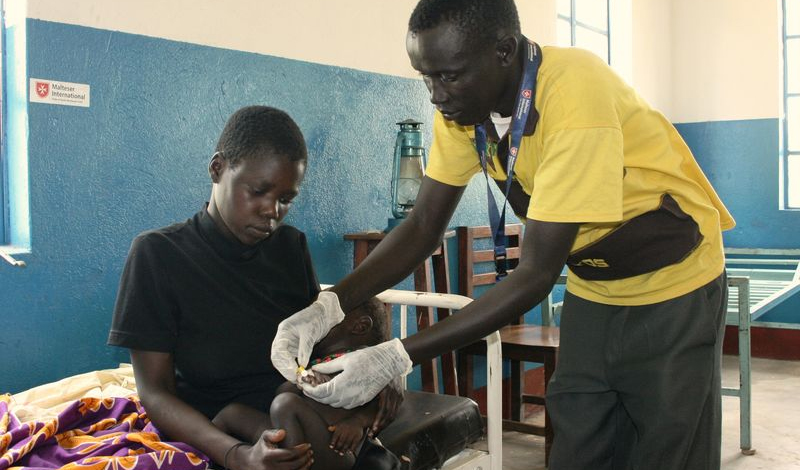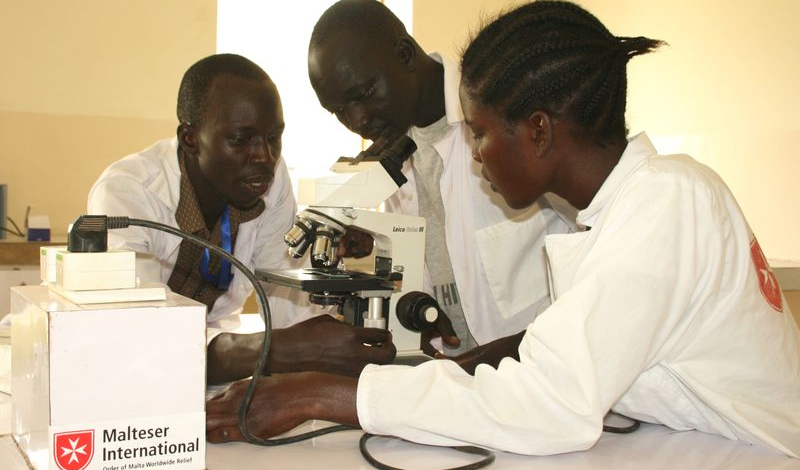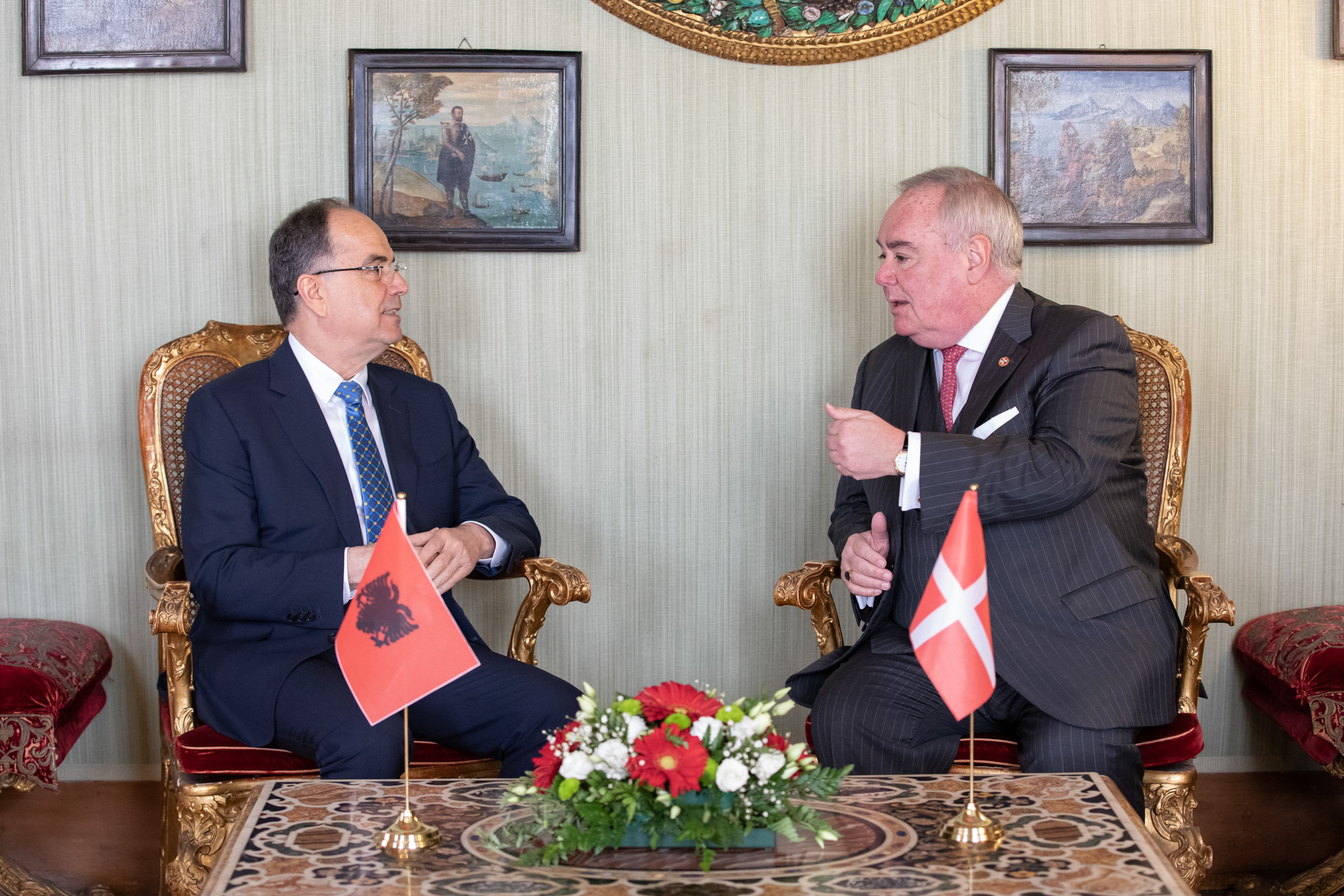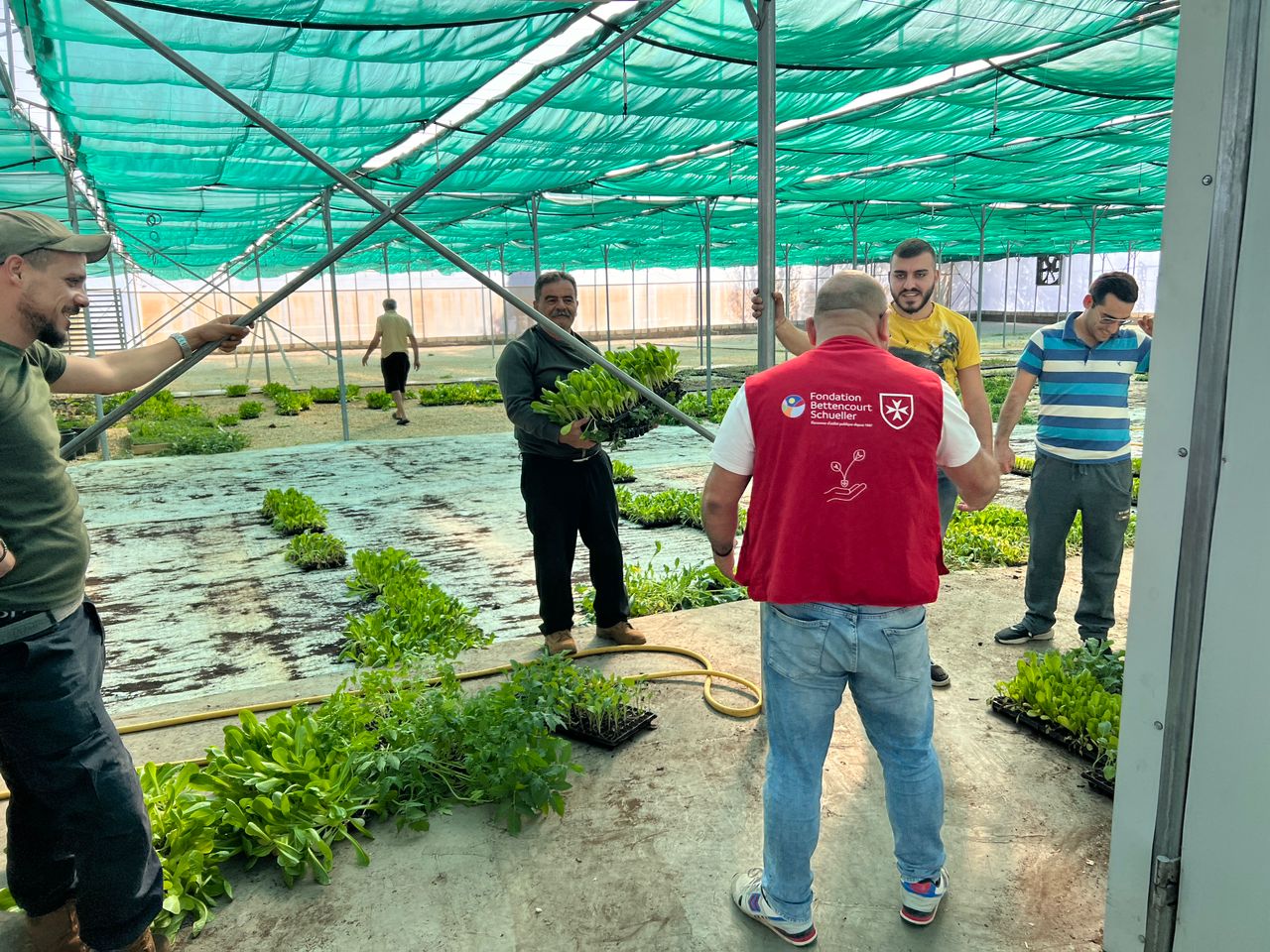Malteser International builds 35 new health care centres
Just a year after South Sudan independence, the Order of Malta’s worldwide humanitarian aid service, Malteser International, reports significant progress in the work in the region. But it also recognises the need for patience in its attempt to integrate health care services into the young country’s health structures for more than a million people.
New streets and bridges around the capital, Juba, point to improvements in infrastructure, but progress in the health sector continues to lag far behind the country’s urgent healthcare needs. “Diseases such as diarrhoea, tuberculosis and HIV continue to kill, because the population lacks access to basic health services,” says Wiltrud Gutsmiedl, South Sudan specialist at Malteser International. “Over the past weeks, an alarming number of children have died of malaria, because no medical staff or proper medicines were available.”
During South Sudan’s first year as an independent country, Malteser International has worked to strengthen local health care structures in South Sudan’s Lakes and Western Equatorial states by building 35 new health care centres. State health care employees have received training in topics such as drug management and maternal and child health. Malteser International has also ensured that health care personnel are paid regular salaries, and has employed community health workers and traditional birth assistants in remote villages.
“There are workers in the health care centres and villages who are incredibly motivated, and who, despite all difficulties, work really hard to get their job done,” says Gutsmiedl, just returned from a project visit to the region. “These people are there for their patients every day, even if all they have are friendly words and inadequate supplies to treat wounds.”
Malteser International’s Medical Laboratory Training School in Rumbek, has trained more than 60 lab assistants and technicians since its founding in 2002. It has currently enrolled another 40 students. By developing a standardised curriculum and cooperating with the health authorities in the region, the Order of Malta’s agency hopes to fully integrate the school into the state public health and education systems.
“One of our main priorities is to strengthen the existing structures so that we can transfer responsibility to our local partners, step by step,” explains Gutsmiedl.
Malteser International has been active in South Sudan since 1997 and currently employs 120 local and 10 international staff.








